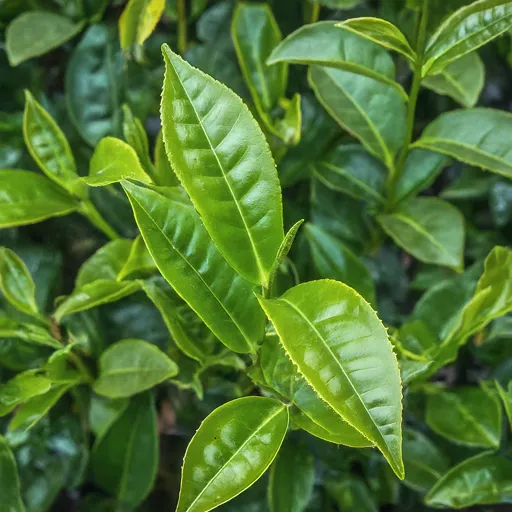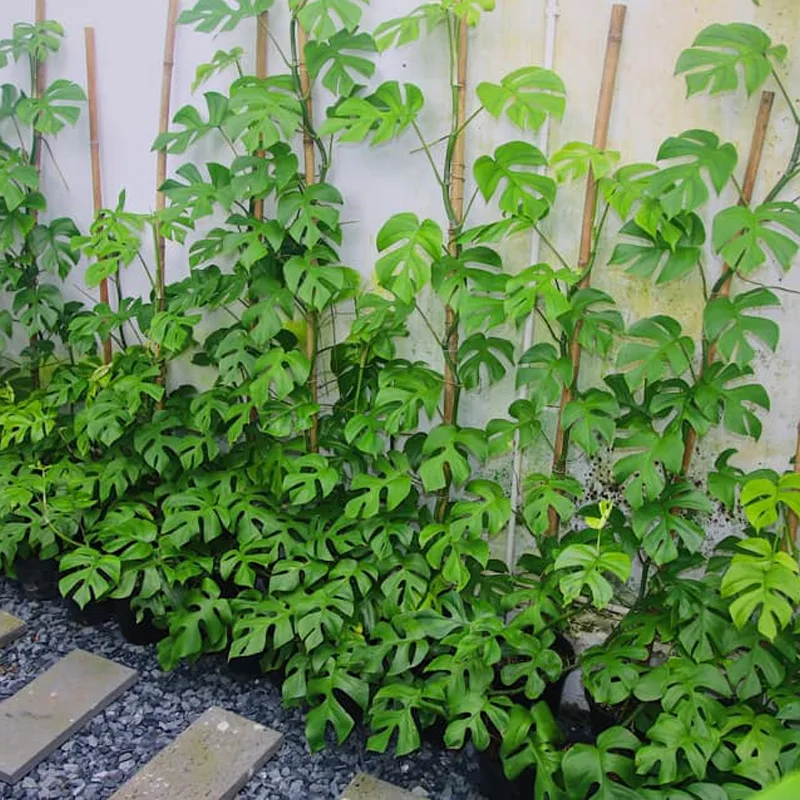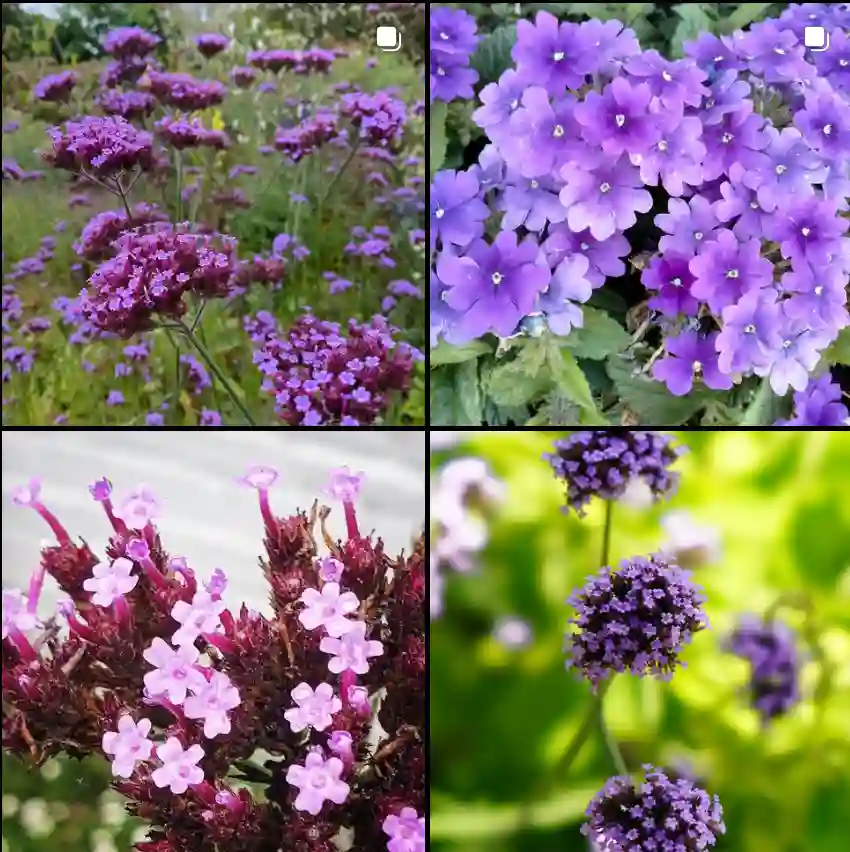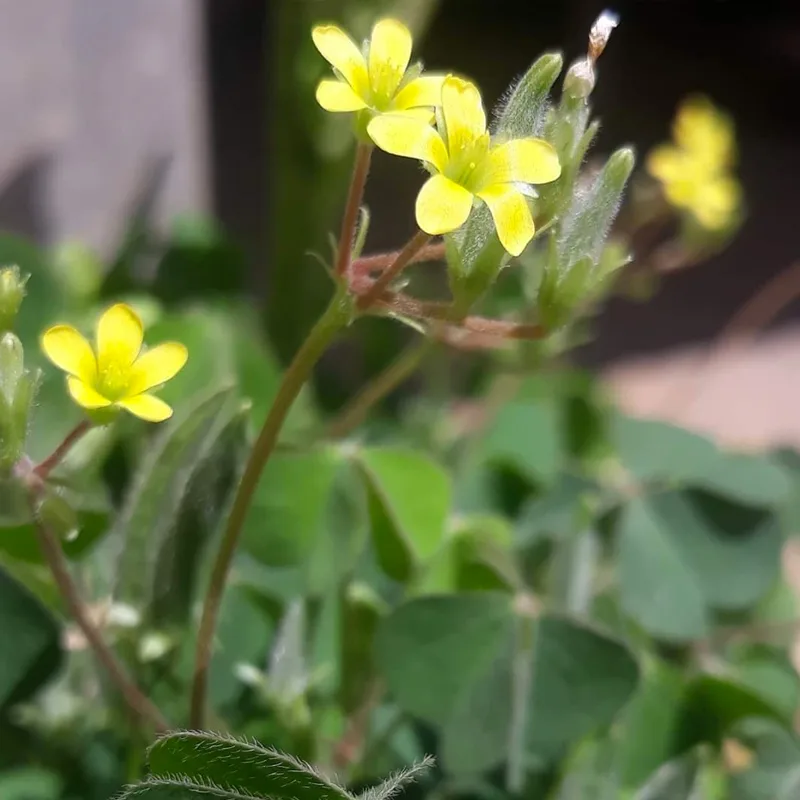Stellera: A Mountain Flower with Medicinal Might
Hi there, Ferb Vu here. Today, we’re diving into the world of Stellera, a fascinating flowering plant with a surprising amount of history behind it.
While it might not be a household name, Stellera has been used in traditional medicine for centuries, particularly in Central Asia and China. So, if you’re curious about this unique plant, you’ve come to the right place.
What is Stellera?
Stellera is a genus containing just one known species: Stellera Chamaejasme. It’s a perennial herb, meaning it comes back year after year, and thrives in the harsh beauty of mountainous regions. Think rocky slopes and high altitudes – Stellera is no stranger to a challenge.
This little mountain dweller belongs to the Thymelaeaceae family, which includes other plants like mezereums and leatherwoods. It boasts beautiful flowers that can be white, pink, or yellow, adding a splash of color to the often-austere mountain landscape.
Stellera vs. Other Plants: Key Differences
While Stellera might share some family ties with other plants, it has its own distinct characteristics. Here’s a quick breakdown to differentiate it from some potential look-alikes:
- Rhodiola: Another mountain-loving herb, Rhodiola is known for its adaptogenic properties, helping the body adapt to stress. While both Stellera and Rhodiola are used in traditional medicine, their specific applications differ.
- Ashwagandha: This popular herb, also known as Indian ginseng, is a staple in Ayurvedic medicine. Ashwagandha is known for its potential to reduce anxiety and improve sleep, while Stellera focuses more on wound healing and inflammation.
- Echinacea: A go-to for immune support, Echinacea is another herb with a long history of use. Stellera, however, doesn’t directly target the immune system but might have properties that aid wound healing, potentially benefiting the body’s natural defenses indirectly.
What are the Uses of Stellera?
Traditionally, Stellera has been used to treat various ailments, including:
- Skin conditions: Studies suggest Stellera extracts might promote wound healing and reduce inflammation, making it potentially beneficial for psoriasis and other skin issues.
- Respiratory problems: In Mongolian medicine, Stellera has been used for conditions like chronic bronchitis and even tuberculosis, although more research is needed to confirm its effectiveness.
- Tumors: Some traditional practices have used Stellera for tumors, but scientific evidence to support this use is currently lacking.
Important Considerations with Stellera
It’s important to remember that Stellera is a medicinal plant, and like any medication, it can have side effects. It’s crucial to consult with a qualified healthcare professional before using Stellera, especially if you’re pregnant, breastfeeding, or have any underlying health conditions.
Additionally, Stellera interacts with certain medications, so be sure to disclose your full medication list to your doctor before considering Stellera. Self-treatment can be risky, so seeking professional guidance is always recommended.
The Future of Stellera Research
While Stellera has a rich history in traditional medicine, scientific research on this plant is still in its early stages. However, initial studies show promise for its potential benefits in wound healing, inflammation reduction, and respiratory issues.
As research progresses, we may see Stellera emerge as a valuable addition to modern medicine, offering natural solutions for specific health concerns.
Final Thoughts on Stellera
Stellera is a fascinating example of how nature provides us with potential remedies. This mountain flower, with its delicate beauty and potential medicinal properties, is a testament to the power of the plant world.
While more research is needed to fully understand Stellera’s potential, it’s definitely a plant worth keeping an eye on. Remember, consult a healthcare professional before using Stellera, and let’s explore the wonders of this unique mountain dweller together.
If i die, water my plants!



